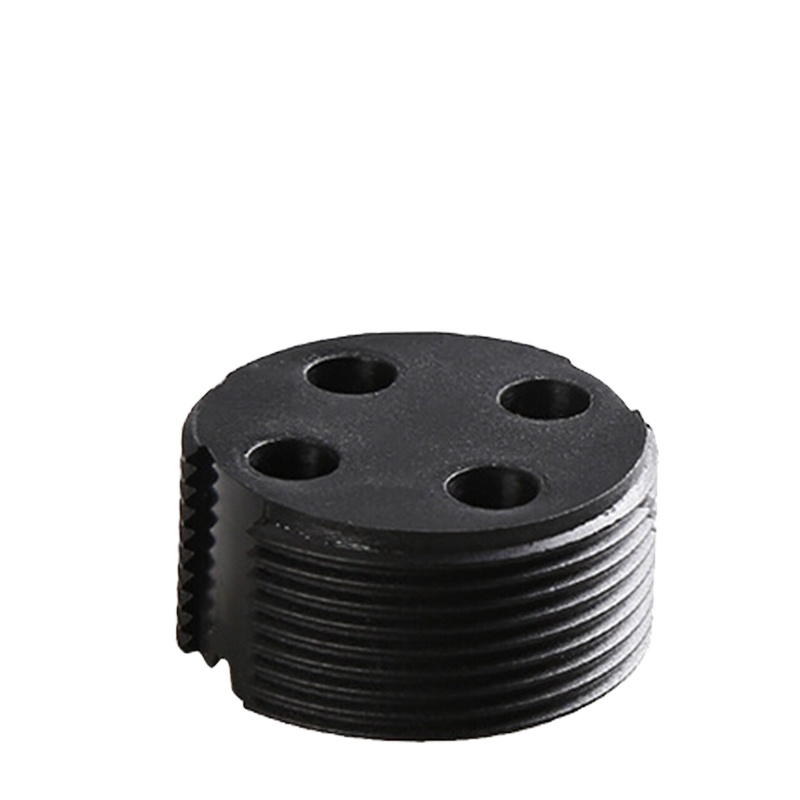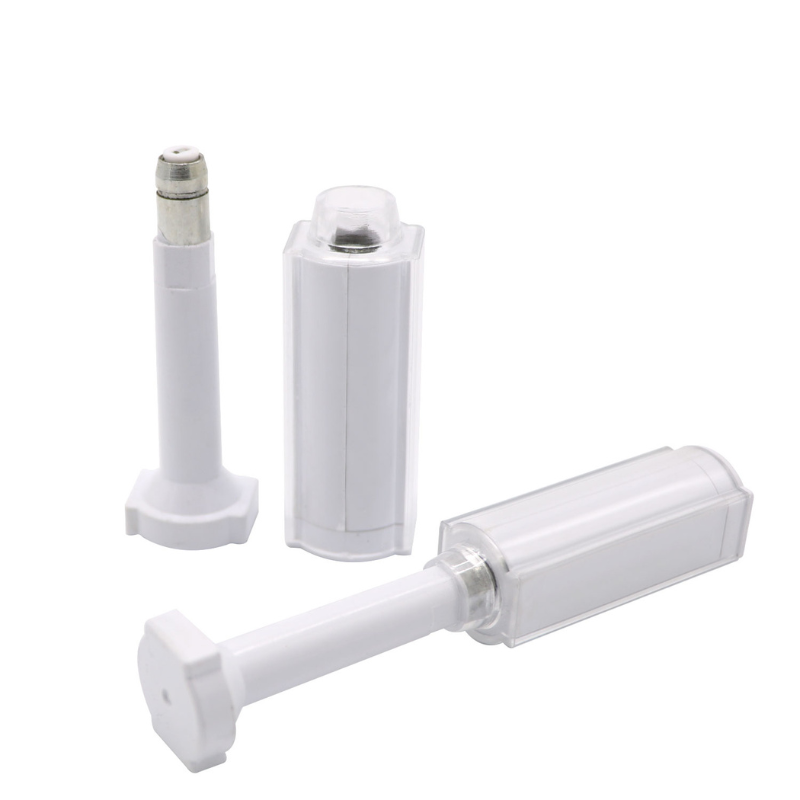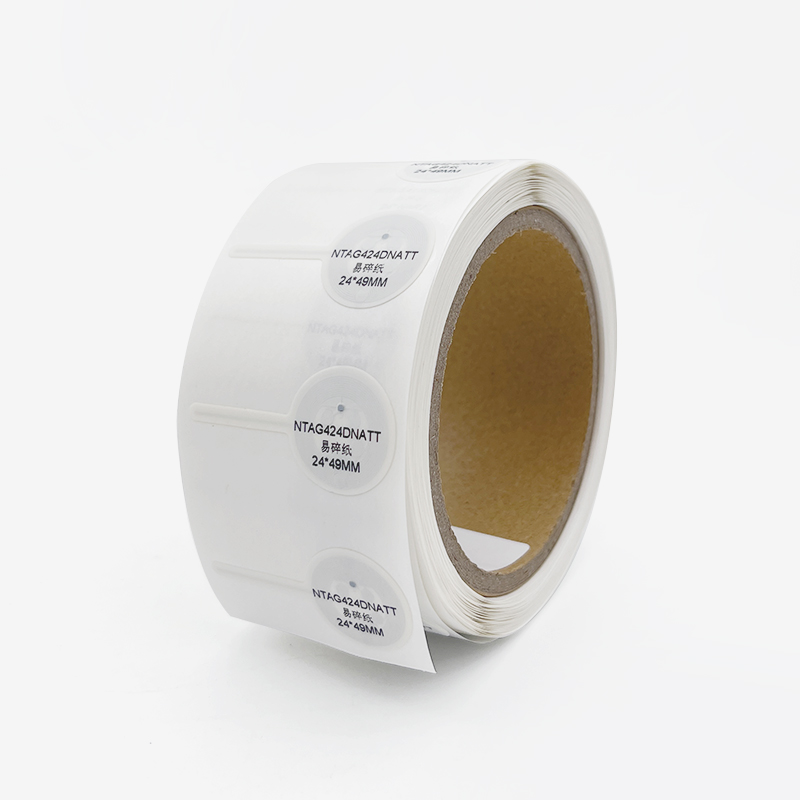
Strategic Approaches for RFID Startups to Achieve Market Penetration
Table of Contents
Summary
This article provides a comprehensive guide based on proven strategies for startups seeking to navigate the competitive RFID landscape effectively.

Overview of RFID Market Strategies
RFID technology continues to advance and is increasingly being adopted across various sectors. However, startups often face challenges in identifying and targeting the right market segments. The key to success lies in selecting the appropriate industry, developing targeted solutions, and employing effective marketing strategies. This article outlines the essential steps startups should take to leverage RFID technology successfully.
Selecting the Right Industry for RFID Solutions
Identifying High-Potential Industries
According to Geoffrey Moore’s “Crossing the Chasm,” new technologies typically gain traction within a specific vertical industry before expanding horizontally. For RFID startups, targeting industries with high potential for RFID adoption is critical. Factors to consider include current industry interest in RFID, competitive landscape, and specific challenges faced by the sector.
Industry Comparison for RFID Adoption
Industry | Current RFID Interest | Competition Level | Potential for Growth |
Apparel Retail | High | High | Moderate |
Hospitality | Moderate | Low | High |
Banking | Low | Low | Moderate |
Healthcare | Moderate | Moderate | High |
For example, while apparel retail shows strong interest in RFID, the sector is highly competitive. In contrast, the hospitality industry, though currently less invested in RFID, presents substantial growth opportunities due to its potential for automation and efficiency improvements.
Understanding Industry-Specific Challenges
Successful RFID startups need to understand the unique challenges and needs of their chosen industry. For instance, a deep understanding of the retail sector can help in developing solutions that address inventory management issues, while knowledge of the healthcare sector can drive innovations in tracking medical devices.
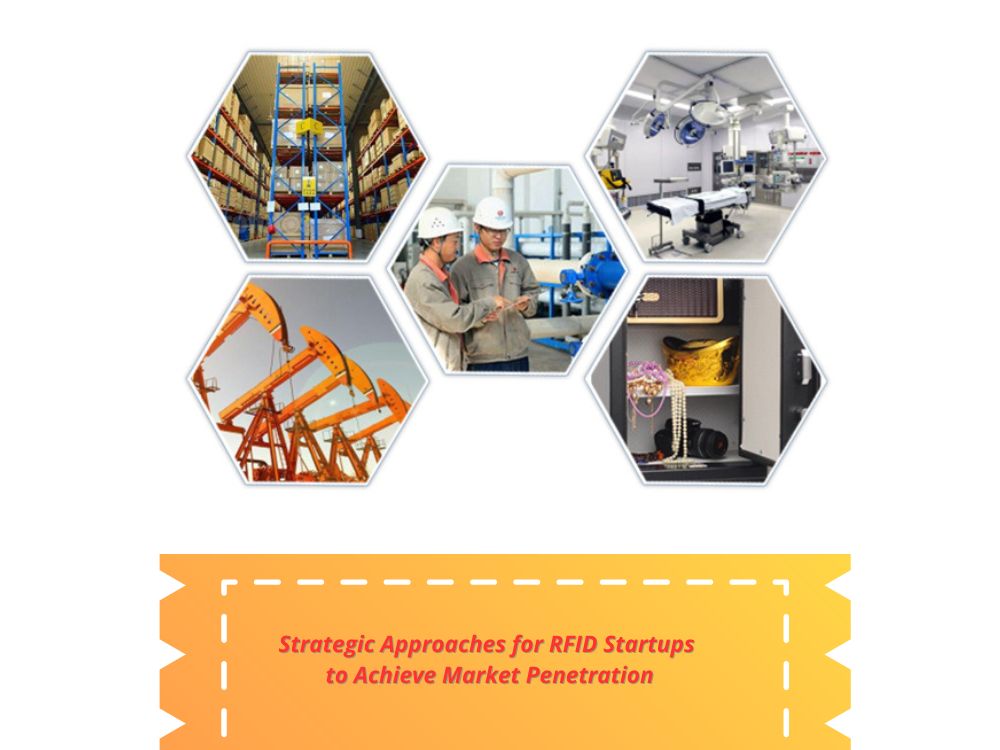
Developing Solutions to Industry-Specific Problems
Creating Value-Driven Solutions
Startups should focus on developing RFID solutions that address specific problems within their target industries. A common mistake is creating RFID products without a clear understanding of the market needs. For example, a tag designed for medical devices must be integrated with compatible readers and software to provide value, such as tracking sterilization processes and ensuring device safety.
Solution Development Considerations
Solution Aspect | Key Considerations | Example |
Product Development | Industry-specific needs and challenges | Medical device tags |
Integration | Compatibility with existing systems | Autoclave integration |
Value Proposition | Clear benefits and problem-solving | Reducing infection risk |
Collaborating with Industry Partners
Forming partnerships with software and hardware companies can enhance the functionality and marketability of RFID solutions. For instance, collaboration with autoclave manufacturers can ensure that RFID tags and readers work seamlessly together, offering a comprehensive solution to healthcare facilities.
Targeted Marketing Strategies
Reaching the Right Audience
Effective marketing is crucial for RFID startups. Instead of broad-based marketing efforts, startups should focus on targeting potential buyers actively seeking RFID solutions. This involves attending industry-specific events, engaging in direct outreach, and leveraging RFID-focused platforms and forums.
Marketing Tactics for RFID Startups
Tactic | Description | Benefits |
Industry-Specific Events | Attend and engage at relevant trade shows | Direct interaction with potential clients |
Targeted Digital Ads | Run ads targeting specific industries | Higher conversion rates |
Content Marketing | Offer white papers, case studies | Builds credibility and generates leads |
Adapting Marketing Mindset
Startups should shift their marketing mindset from a broad approach to focusing on a select group of potential clients who are ready to invest in RFID technology. By concentrating efforts on this niche, startups can build a solid customer base and gain valuable references that will drive further adoption.
Conclusion
RFID startups that effectively identify the right industry, develop targeted solutions, and employ focused marketing strategies are well-positioned to succeed in a competitive market. By understanding industry-specific needs, collaborating with partners, and adapting marketing approaches, startups can achieve significant growth and establish a strong foothold in the RFID industry. As Geoffrey Moore’s principles suggest, focusing on early adopters and demonstrating clear value will lead to broader market acceptance and success.
Comments
Hot Products

RFID in Logistics: How to Eliminate RFID Misrouting and RFID Label Failures
RFID in logistics is more than just a tool to speed up processes. It has become a key part of how modern supply chains operate.
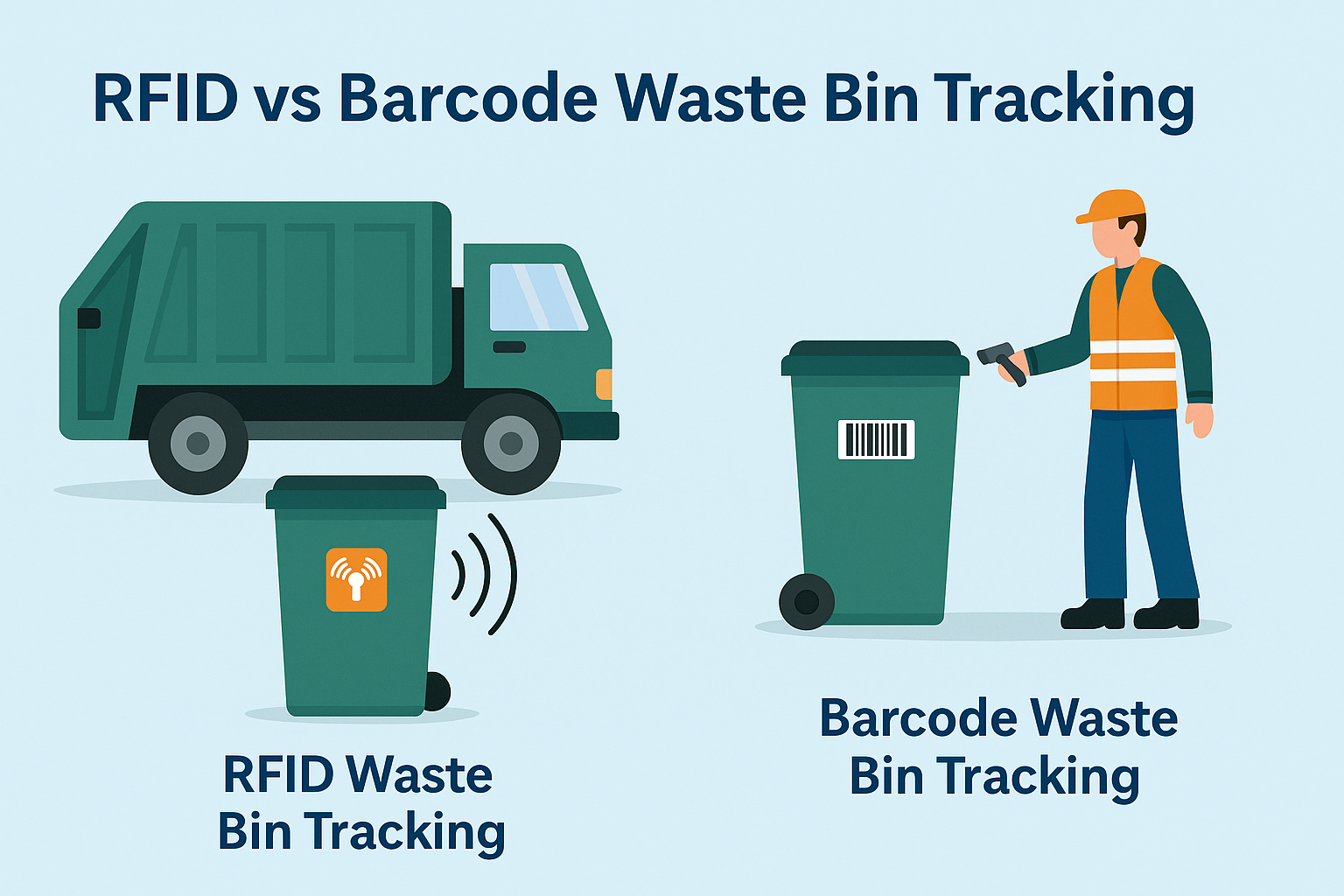
What Is RFID Waste Management
Imagine a city where every trash bin speaks — not literally — but through a tiny chip that tells the system when it’s full, when it’s emptied, and where it went. That’s what RFID waste management is doing today.

What are Bolt Seals and their Applications? | Complete Guide
In global trade and logistics, bolt seals play a crucial role in ensuring cargo security and compliance. These small but powerful devices are designed to lock shipping containers, trailers, and cargo doors with a tamper-evident mechanism.
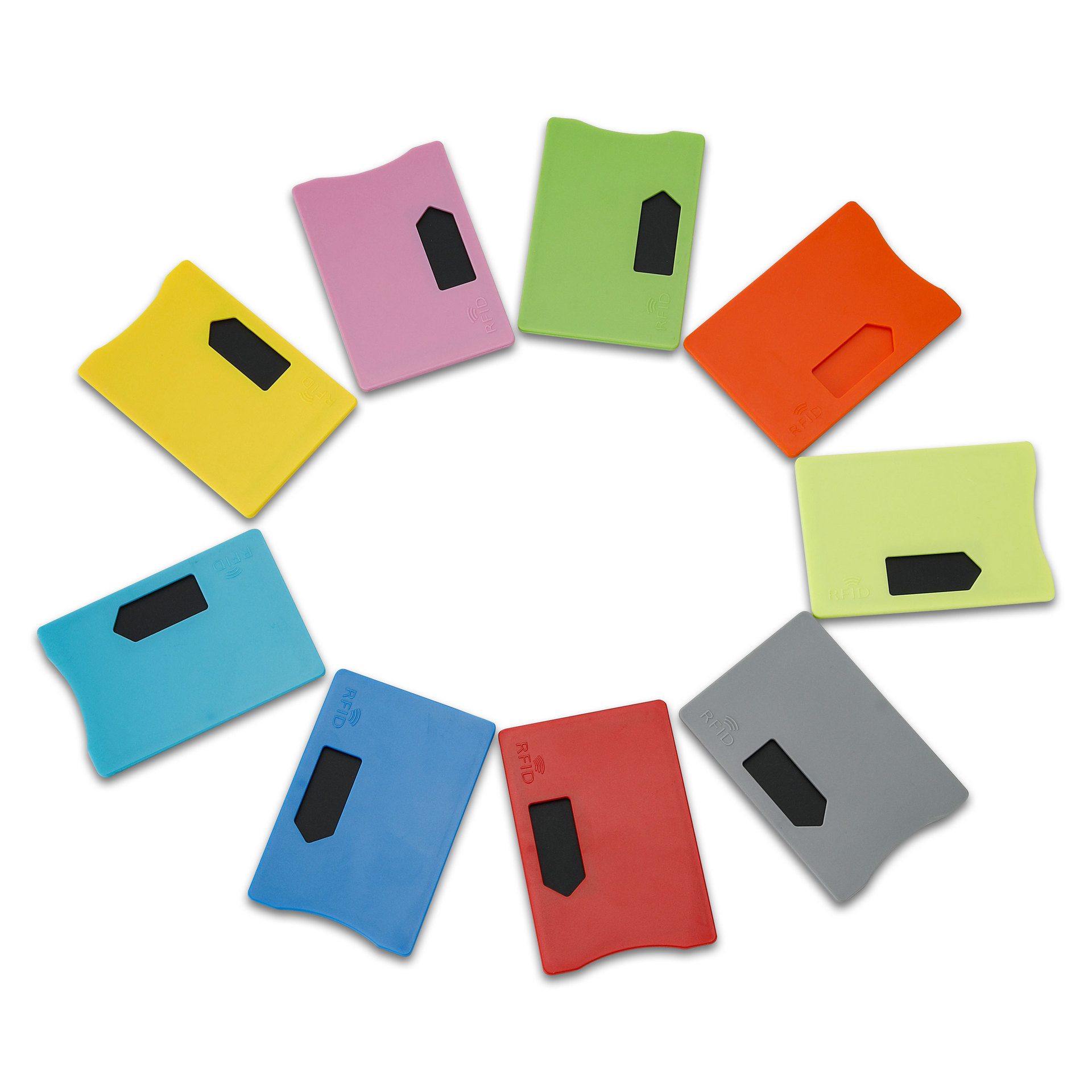
What is an RFID Card Protector? Benefits, Use Cases, and Buying Guide
RFID technology (Radio Frequency Identification) is everywhere: in your credit cards, ID badges, transit passes, hotel room keys, and more. It offers speed and convenience, but it also opens the door to a new kind of digital theft called “skimming.” That’s where an RFID card protector comes in.

RFID Wristbands for Events: Bulk Buying Guide for Organizers
RFID wristbands for events are becoming the go-to solution for organizers who need faster entry, fraud prevention, and cashless payments at concerts, festivals, and sports venues. Unlike paper tickets or QR codes, these smart wristbands use embedded chips to streamline access, secure transactions, and improve the guest experience.
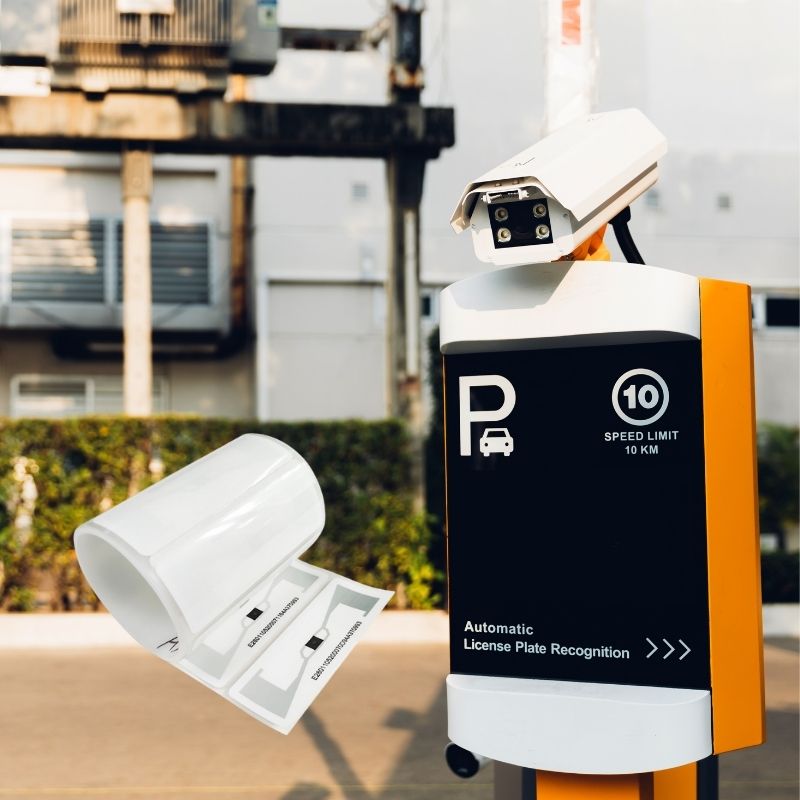
How RFID Tag on Windscreen Improves Vehicle Access Control and Toll Systems
In today’s fast-paced world, vehicle identification needs to be quick, secure, and contactless. An RFID Tag on the Windscreen provides exactly that — a reliable way to manage toll collection, parking, and gated access without stopping vehicles.
Tags
RELATED BLOGS

RFID in Logistics: How to Eliminate RFID Misrouting and RFID Label Failures
RFID in logistics is more than just a tool to speed up processes. It has become a key part of how modern supply chains operate.

What Is RFID Waste Management
Imagine a city where every trash bin speaks — not literally — but through a tiny chip that tells the system when it’s full, when it’s emptied, and where it went. That’s what RFID waste management is doing today.

What are Bolt Seals and their Applications? | Complete Guide
In global trade and logistics, bolt seals play a crucial role in ensuring cargo security and compliance. These small but powerful devices are designed to lock shipping containers, trailers, and cargo doors with a tamper-evident mechanism.


